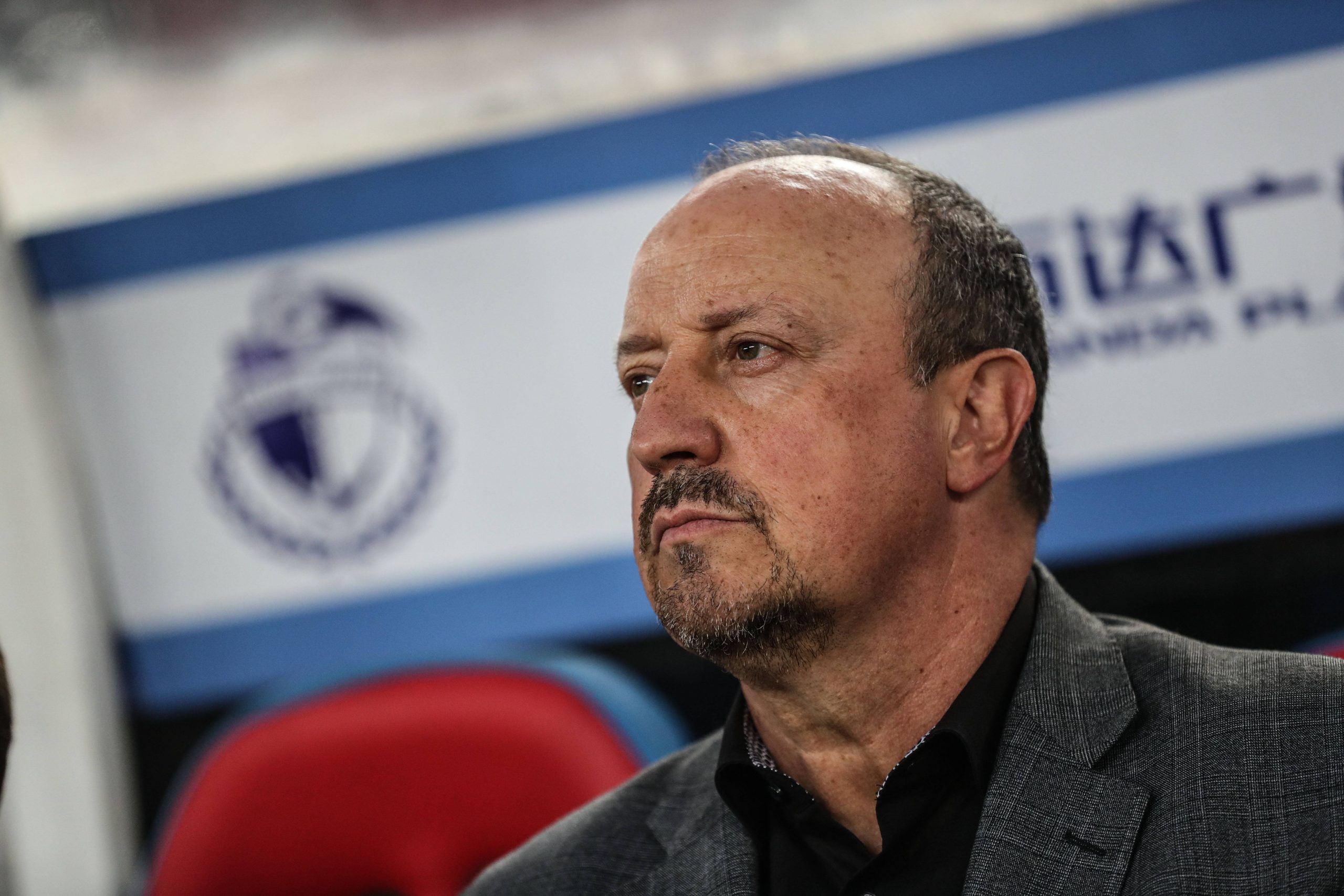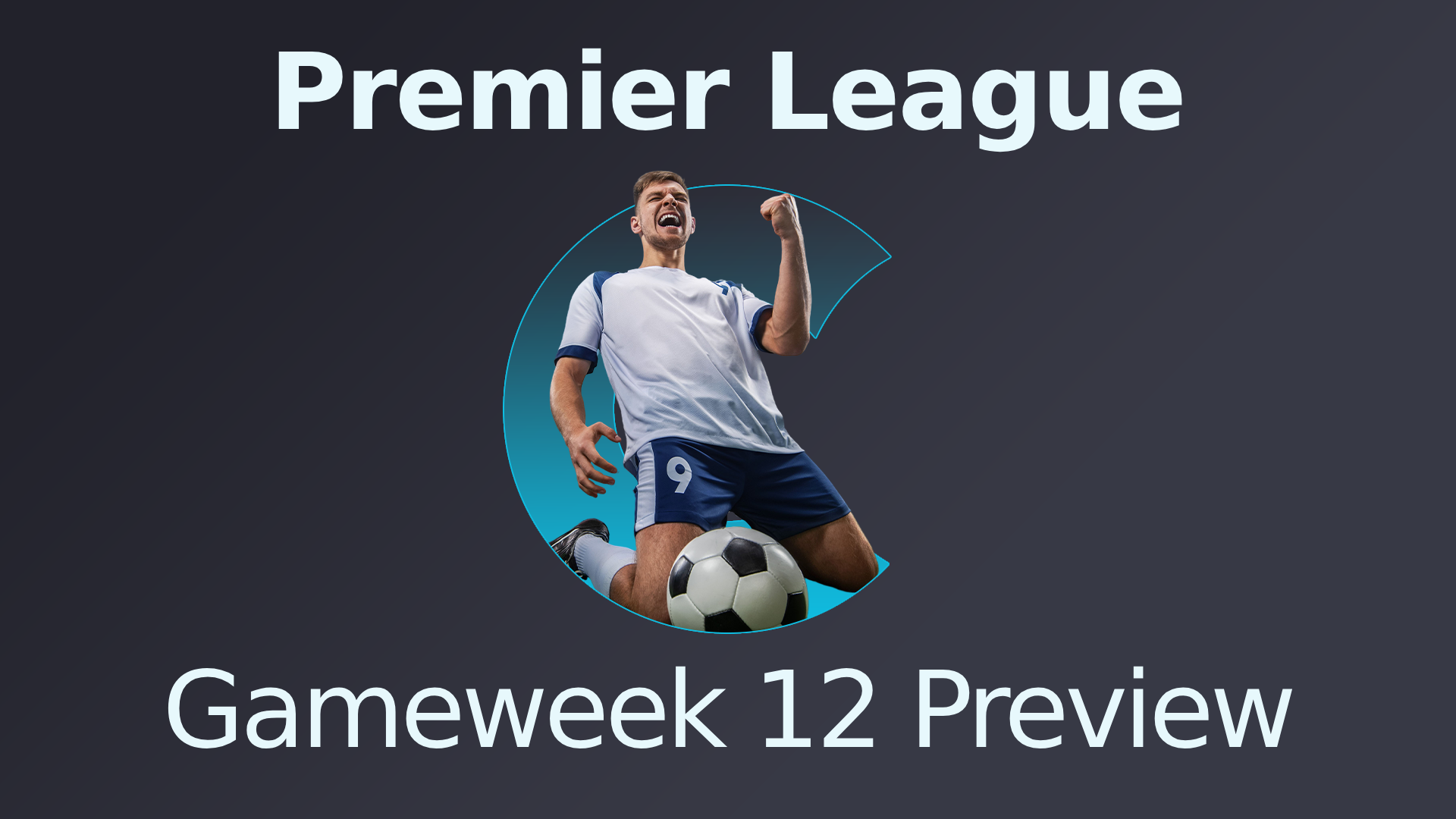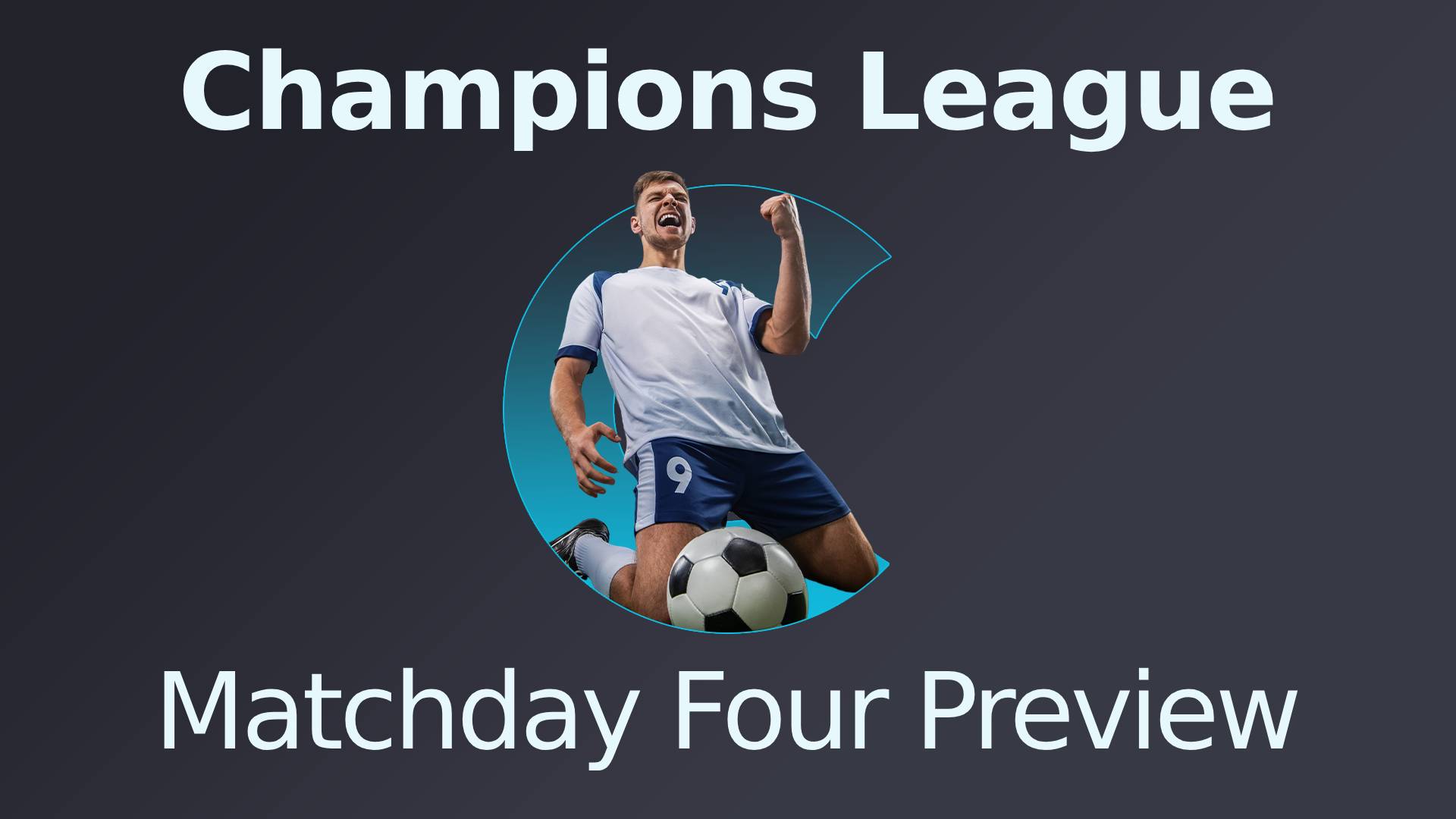The Premier League is back. The real one. Not the ghostly imitation we’ve been watching since Project Restart got underway in June 2020, not the soullessness of games that wafted back and forward in empty stadiums witnessed through a hazy drone of fake crowd noise. No, the living, breathing Premier League: dramatic, emotional, and meaningful.
A full pre-season in the legs and the return of full-capacity grounds should raise the tempo, creating the physical conditions – and emotionally volatility – needed to see high-intensity pressing and full-throttle entertainment come roaring back.
That’s the theory, anyway. That’s what we desperately crave after watching such a subdued 2020/21 season in which fatigue caused the players to meander through matches with a brain fog that reflected the national mood in lockdown.
Pep Guardiola deserves enormous credit for being the first to recognise the shift and chance tack, introducing cautious possession football that swirled around central midfield, easing off on the press and suffocating opponents into submission. The rest of the league followed, by accident or design, until even Thomas Tuchel – a flexible, anxious gegenpresser – turned Chelsea into a quietly efficient possession team, imposing significant restrictions on the players’ movement. To beat lockdown football you lean into its rules.
The fatigue, mixed with the hollowness of playing in empty stadiums, had a similar effect around mainland Europe, most notably in Italy, Spain, and France as Inter Milan, Atletico Madrid, and Lille were surprising domestic champions. Predictably, the cautiously defensive and minimal-pressing, reactive football of Antonio Conte, Diego Simeone, and Christophe Galtier proved perfect for the unique challenges of the pandemic.
The expectation is that things will spring back to normal. Inter have already been dismantled, the first major casualty of the financial meltdown caused by Covid-19, while the redistribution of power in France has been startling and grotesque. In England, it is widely assumed that Chelsea, Man City, and Liverpool will all revamp their hard-pressing philosophies.
But the largely accidental tactical side-effects of the pandemic could become permanent. Major shifts in fashion are never planned en masse but rather unfold naturally, and football is no different. It is possible that after a decade of movement towards high defensive lines and hard-pressing possession football we are recoiling back towards the aesthetic of the 2000s, when Jose Mourinho and Rafael Benitez defined an era of defensive caution, deep lines, and weary blinking contests.
Fashion tends to be cyclical, after all, and following the re-emergence of Cruyffian Total Football in the 1990s, the Mourinho-led 2000s pushed the lines back down the pitch – only for Guardiola and Jurgen Klopp to define the next decade by rushing back up the field again. It follows that the next move will be backwards.
The pandemic’s subduing effects may be lasting, and indeed there are some early signs. Everton and Tottenham Hotspur have appointed Rafael Benitez and Nuno Esperito Santo, respectively. The latter a manager far closer to Mourinho than Spurs supporters would like. Real Madrid would almost certainly have hired Mourinho this summer had he not jumped so quickly to the AS Roma job, while at Paris Saint-Germain there has been talk of Mauricio Pochettino’s philosophy being unsuited to superstar forwards unwilling to press. In fact, Pochettino took PSG to the Champions League final by abandoning his principles for a deep-lying counter-attacking system in the latter rounds. With Lionel Messi arriving, he will surely have to do so again.
Back in England, it looks as though the majority of the division will now be floating in the centre ground between the possession suffocation of the Guardiolas and the desperate retreating of the ‘fire-fighter’ managers, the vast majority of whom are no longer getting Premier League jobs. Instead, led by the new head coaches at Everton and Spurs, the division is to be defined by conservative mid blocks; by regrouping rather than pressing, and holding the middle: centrism emerging after a decade of extremes.
It is possible, of course, that Man City, Liverpool, and Chelsea will play blistering high-pressing football and define the 2021/22 season and beyond, reinforcing the narrative that pandemic football was a blip; an anomaly that’s best forgotten. And yet City have done nothing to improve the waning press that got them into trouble last Autumn, instead adding the more whimsical Jack Grealish to their ranks, while an ageing Liverpool team have failed to sign any new forwards.
We could be seeing football’s equivalent of long Covid: not a return to how things were but to a new normal, one in which the European game drifts away from fire and fury towards something more cautious. The world feels a more timid and humble place post-Covid. Football, as ever, is a reflection of our times.







